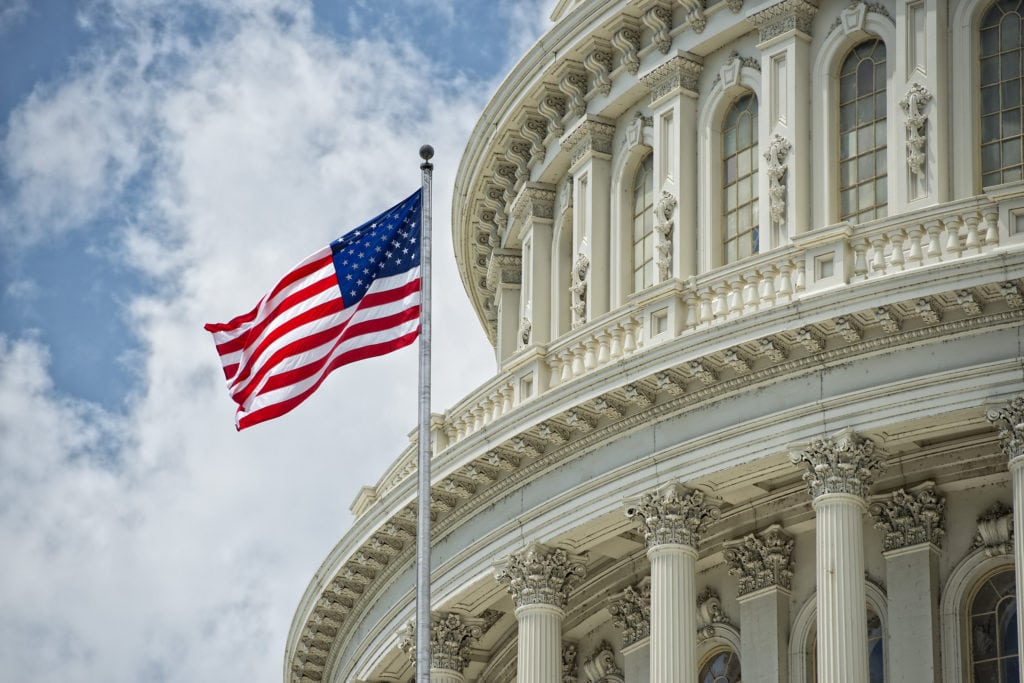
In May, the Department of Labor released a final regulation updating the salary threshold of the white-collar exemption, used to determine if employees are eligible for overtime pay, from $23,660 annually to $47,476 annually, effective December 1, 2016. Any currently exempt employee making less than $47,476 annually would be entitled to overtime pay for time worked beyond 40 hours per week. In addition to the increase, the Final Rule also established a triannual automatic update of the salary threshold to be set to the 40th percentile of full time salaried workers in the lowest-wage Census region (currently the South). While NAA agrees the current threshold needed to be updated – it was last updated in 2004 – a 100 percent increase with only six months for universities, nonprofits and business to comply would likely result in unintended consequences for the employees the rule was intended to serve.
Since the release of the Final Rule, NAA has been actively meeting with legislators to encourage a more moderated approach to updating the salary threshold. On Friday July 15, Congressman Kurt Schrader (D-OR-05) introduced the Overtime Reform and Enhancement Act (OREA), which would give employers more time to implement and comply with the Department of Labor’s Final Rule on overtime by gradually phasing in the new salary threshold over three years and eliminating the automatic updates. The first increase in the threshold will be set to the 20th percentile of full-time salaried workers in the same Census region used by the DOL to establish the new threshold, amounting to $35,984 – effective December 1, 2016. After this initial increase, the bill will initiate a three-year phase-in, building to the DOL’s new salary threshold of $47,476. The increases are as follows:
- December 1, 2016 – $35,984 annually
- December 1, 2017 – $39,780 annually
- December 1, 2018 – $43,628 annually
- December 1, 2019 – $47,476 annually
The Overtime Reform and Enhancement Act will eliminate the automatic three-year increase to the salary threshold. The bill recognizes that future administrations can (and should) update the white-collar exemption, as they are required to do under the Fair Labor Standards Act; however, such updates should be completed mindfully to ensure the rules are working as intended and through a notice and comment period for stakeholders.
NAA supports the Overtime Reform and Enhancement Act and applauds Congressman Schrader for his leadership on this issue. NAA will urge Members of Congress to support this approach, with the hope that it could be packaged with must-pass legislation at the end of the 114th Congress.
The Department of Labor is against this and other proposals that would delay or nullify the Final Rule, which goes into effect in less than 5 months. The odds are long that this will be enacted by Congress and signed by the President, therefore newspaper companies must prepare now for implementation of the rule.
For compliance guidance, please see the recording of NAA’s recent member-only webinar, which provided concrete steps publishers can take to prepare for the rule. (Member log-in required)
View NAA’s Letter to Congressman Schrader.
If you have any questions, please contact Kristina Zaumseil, Public Policy Manager.
